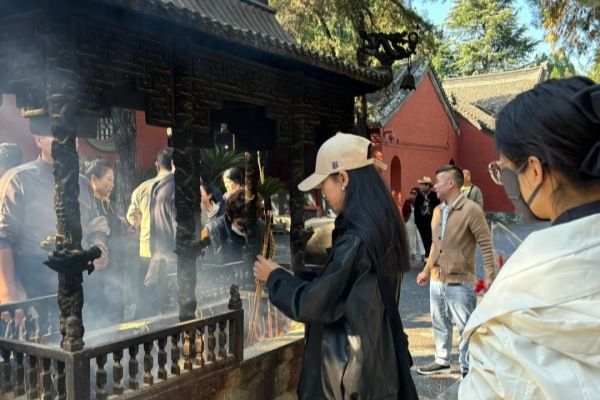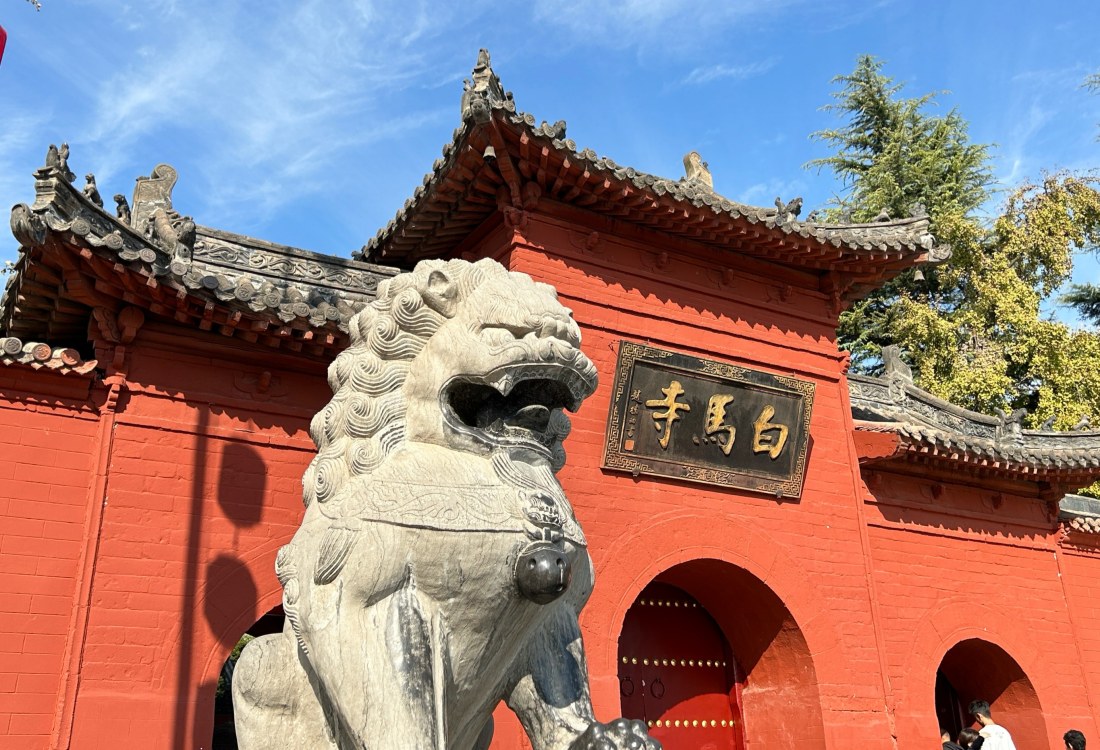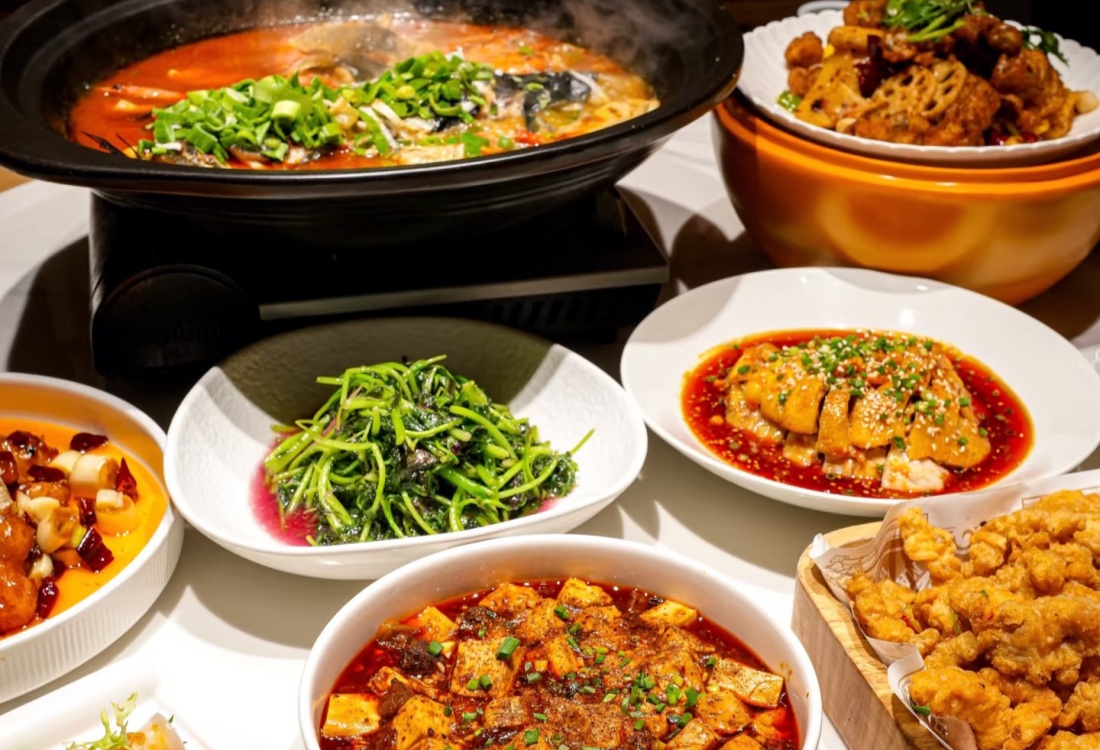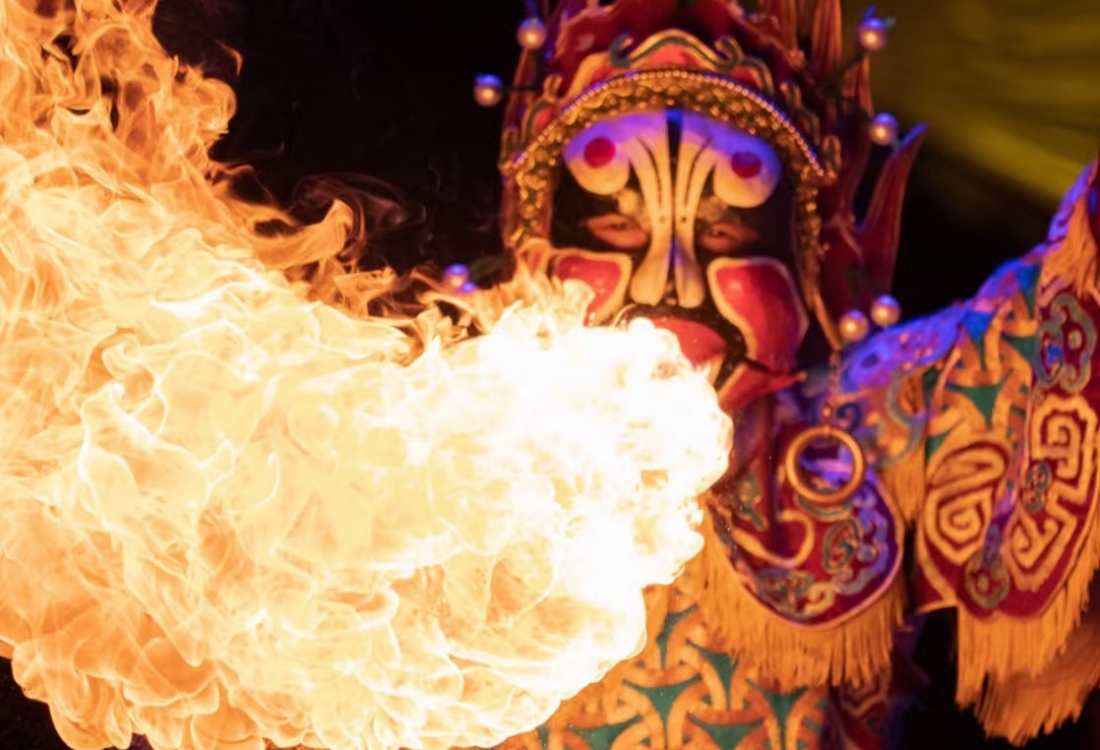Table of Contents
ToggleWhen visiting the local temples in Luoyang, understanding the cultural etiquette in Luoyang local temples is essential for respecting local traditions and ensuring a meaningful experience. These temples are sacred spaces, not just tourist attractions. Here’s a guide on what to keep in mind when visiting the spiritual heart of this ancient city.
1. Dress Modestly
One of the most important aspects of cultural etiquette in Luoyang local temples is dressing appropriately. Temples are places of worship, and modest attire is expected. Visitors should wear clothes that cover the shoulders and knees. Avoid revealing outfits, as they can be seen as disrespectful in such sacred spaces.
Tip: Light, comfortable clothes that cover your arms and legs are ideal, especially in the warmer months.
2. Be Quiet and Respectful
Silence and reverence are key when entering a temple. The peaceful atmosphere is meant for reflection and prayer. Talking loudly or making disruptive noise is considered disrespectful. When walking around the temple grounds, keep your voice low and avoid unnecessary chatter.
Tip: If you need to speak, do so in a soft voice, and avoid phone calls in the temple areas.
3. Offering Prayers and Incense
In many temples, visitors are welcome to offer prayers and incense. When participating in this ritual, it is important to follow local customs.
Incense Etiquette
Hold the incense in both hands and offer it in front of the statue or altar. Do not wave it around or place it haphazardly.
Praying
When bowing, it’s customary to bow slightly at the waist, paying respect to the deities. Some temples may also have donation boxes for those wishing to contribute.
Tip: Always approach the altar with respect and follow the lead of locals if you are unsure.

4. Avoiding Disrespectful Actions
While it may be tempting to take photos in such beautiful surroundings, it’s crucial to be mindful of the rules. Some temples may have restrictions on photography, especially around sacred altars or during ceremonies. Always check for signs or ask a staff member before taking pictures.
Tip: In some temples, the use of flash photography may be prohibited to maintain the sanctity of the space.
5. Avoid Pointing at Sacred Items
In Chinese culture, it is considered impolite to point at sacred objects, statues, or religious figures. When admiring the statues or artwork, use your eyes to appreciate the beauty rather than your hands.
Tip: Pointing or touching religious artefacts can be seen as an invasion of the temple’s spiritual space.
6. Respecting Local Practices
Different temples may have their own specific customs. For example, the famous White Horse Temple in Luoyang may have unique rituals that differ from those at the Longmen Grottoes or other local sites. It’s important to observe local practices and follow the lead of worshippers.
Tip: If in doubt, observe the local worshippers or ask a temple staff member for guidance on what to do.
Understanding cultural etiquette in Luoyang local temples is essential for a respectful and enriching experience. By dressing appropriately, maintaining silence, following local customs, and showing reverence at sacred sites, you’ll ensure a positive visit while also respecting the cultural significance of these historic places. Keep these tips in mind, and you’ll enjoy a deeper, more meaningful connection with Luoyang’s spiritual heritage.









